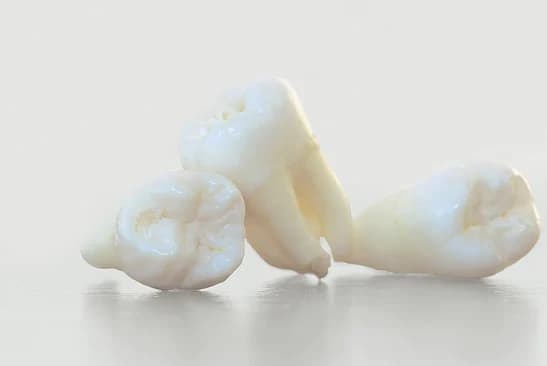26 Jan Wisdom Teeth Extraction: Maintain Your Smile and Your Quality of Life
 Impacted wisdom teeth can wreak havoc on your oral health and your smile’s appearance, increasing your risk of infection and potentially pushing the surrounding teeth out of position. Impacted wisdom teeth are more likely to develop tumors, cysts or an abscess, and they can also cause significant discomfort for patients as they continue to try to push through the gums. Choosing to have your wisdom teeth extracted can reduce your risk of such negative outcomes.
Impacted wisdom teeth can wreak havoc on your oral health and your smile’s appearance, increasing your risk of infection and potentially pushing the surrounding teeth out of position. Impacted wisdom teeth are more likely to develop tumors, cysts or an abscess, and they can also cause significant discomfort for patients as they continue to try to push through the gums. Choosing to have your wisdom teeth extracted can reduce your risk of such negative outcomes.
The wisdom teeth are quite large, and thousands of years ago these teeth helped our ancient ancestors process a diet that was much rougher than food that the average human eats today. The wisdom teeth also stuck around to replace teeth that were lost to wear and tear.
However, the modern human jaw is too small to accommodate wisdom teeth, which become impacted in the jaw as a result. Tooth extraction is often necessary when the wisdom teeth are unable to erupt properly.
Extracting wisdom teeth is typically more complex than removing other teeth, so often an oral surgeon will perform the procedure. The surgeon may need to remove bone first to clear the way to remove the entire third molar.
Many patients prefer to seek treatment before they develop any symptoms. An oral surgeon can determine the likelihood that the wisdom teeth will be impacted in patients as young as their early teen years.
It is preferred that patients have their wisdom teeth removed before their mid-twenties. The procedure is easier in younger patients, who in turn heal more quickly afterward.
Of course, wisdom tooth extraction does require a surgical procedure, so it’s important to work closely with your oral surgeon to minimize the risks associated with the surgery. Follow your surgeon’s pre- and post-operative instructions to cut your chances of complications, like dry sockets, that could interfere with the procedure or the healing period thereafter.
Having your wisdom teeth removed can benefit your oral health and your quality of life. For more information, contact the office of Dr. Carlos Ibanez at 434-295-0911 and schedule your informative consultation today.
